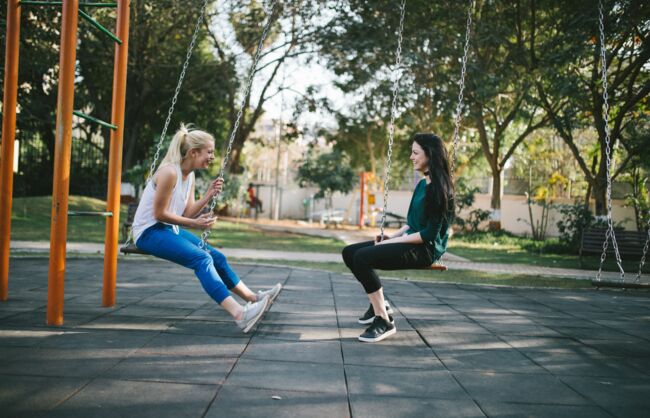HPV Vaccine Side Effects

Are there any HPV vaccine side effects?
The HPV vaccine is very safe for everyone, and no different from other common vaccines. The most common side effect is soreness at the injection site. Millions of doses of the HPV vaccine have now been given all over the world. Extensive research with millions of participants shows that Gardasil/HPV vaccine does not increase the risk for any serious condition and is very safe for all ages, male or female. As with all medicines and vaccines, global ongoing surveillance continues to monitor safety.
As with any medication, vaccines carry an extremely rare risk of an anaphylactic reaction. The rate with Gardasil is around 3 per one million doses. Vaccinators are trained to manage these events.
HPV vaccine reduces HPV-related disease. Some myths have suggested that the vaccine made existing infections worse. This is not true. Studies show no worsening of pre-existing diseases.
What are possible adverse reactions to the HPV Vaccine?
As with all immunisations, people may have a sore arm and get redness, pain and swelling at the injection site.
Other less common reactions include vomiting or fainting. These can follow any immunisation and people should remain seated for 20 minutes (to reduce the risk of injury from falling if they faint).
It’s also a good idea for people to eat breakfast and lunch and avoid excessive exercise on the day they receive the immunisation.
Other possible reactions that can occur, usually within 1–2 days, include:
- a fever (feeling hot)
- headache
- general discomfort (feeling unwell, aches and pains)
- skin reaction, rash.
Very rarely, a serious allergic reaction (like a peanut allergy) called anaphylaxis occurs, usually within 10 minutes of immunisation. Anaphylaxis can occur with any medicine or vaccine.
If anaphylaxis does occur, it can be treated. For this reason, children are asked to wait for 20 minutes after immunisation. Every vaccinator is trained and equipped to deal with such a reaction.









